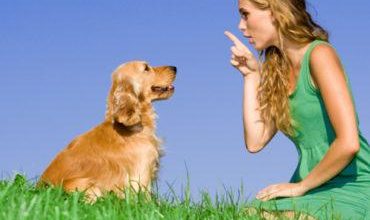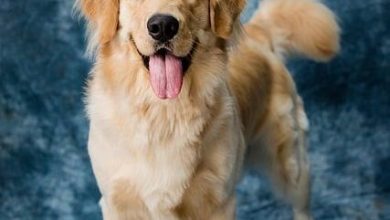Can All Dogs Be Taught to Be Off-Leash Safe
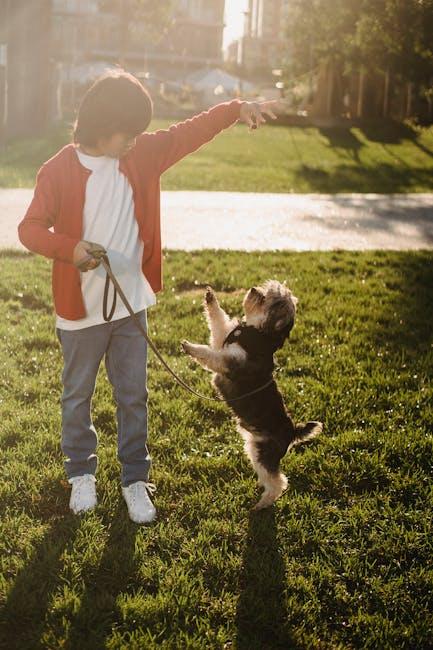
In the ever-evolving landscape of pet ownership, ensuring the safety and well-being of our canine companions is paramount. Among the myriad responsibilities dog owners face, the ability to have a dog that can safely roam off-leash is often seen as the pinnacle of obedience and trust. This capability not only enhances the quality of life for both the dog and the owner but also fosters a deeper bond rooted in mutual respect and understanding. However, the question remains: can all dogs be taught to be off-leash safe? This article delves into the various factors that influence a dog’s ability to be off-leash, examining the role of breed, temperament, training methods, and environmental considerations. By understanding these elements, dog owners can make informed decisions about whether off-leash training is a feasible and safe option for their furry friends.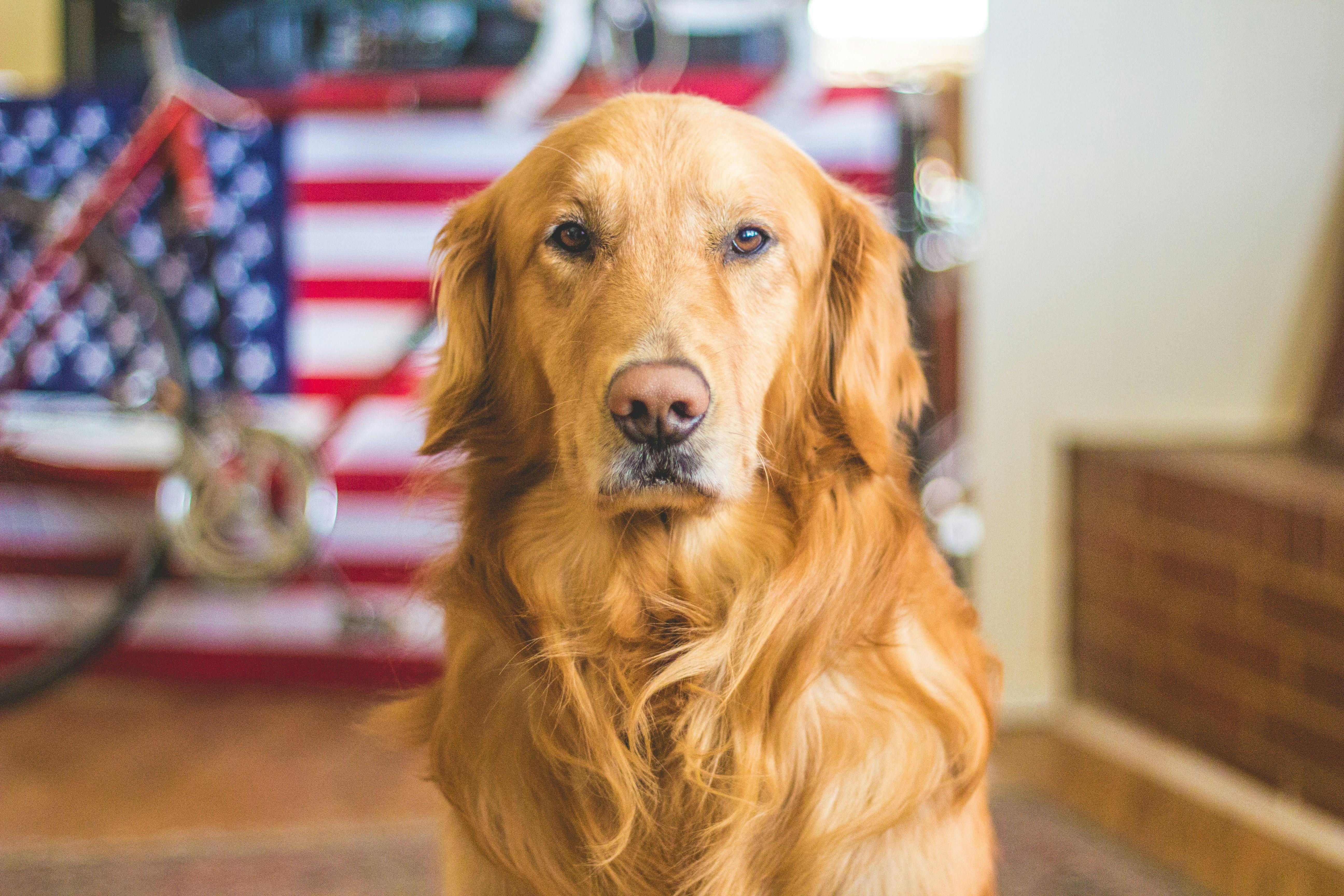
Understanding Off-Leash Safety: Can Every Dog Achieve It
When considering off-leash safety for your dog, several factors come into play. Breed characteristics can heavily influence a dog’s off-leash capabilities. Some breeds are naturally more independent and may have a stronger prey drive, making them more challenging to train for off-leash activities. On the other hand, breeds known for their loyalty and attentiveness might adapt more easily. Individual temperament is another crucial aspect; even within the same breed, dogs can vary widely in their responsiveness and ability to focus on their owner’s commands.
Training and socialization are key components in achieving off-leash safety. Here are a few essential elements to consider:
- Consistency: Regular training sessions can reinforce desired behaviors and build trust.
- Recall training: Teaching your dog to come back reliably when called is foundational.
- Controlled environments: Start in enclosed areas before transitioning to more open spaces.
- Positive reinforcement: Use treats and praise to reward compliance and good behavior.
Ultimately, while many dogs can learn to be off-leash safe, it requires patience, dedication, and an understanding of your dog’s unique needs and limitations.
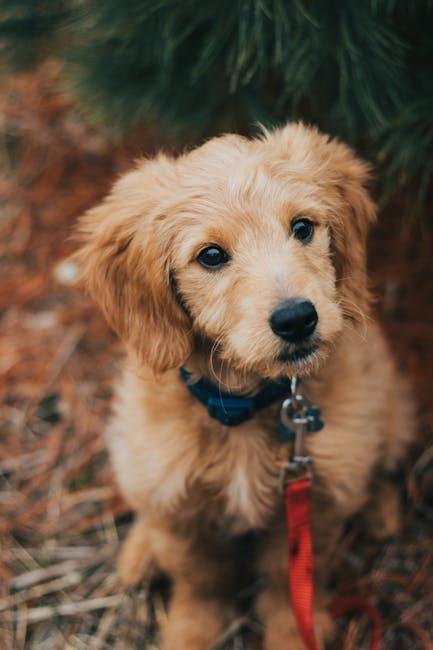
Assessing Your Dogs Readiness for Off-Leash Training
Before embarking on the journey of off-leash training, it’s crucial to evaluate whether your dog is truly ready for this newfound freedom. Every dog is unique, and readiness can vary based on temperament, age, and training history. To ensure a safe and successful transition, consider the following:
- Recall Ability: Does your dog reliably come when called, even in distracting environments? Consistent recall is the cornerstone of off-leash safety.
- Socialization Skills: How does your dog interact with other dogs and people? A well-socialized dog is less likely to engage in problematic behaviors when off-leash.
- Obedience Training: Has your dog mastered basic commands such as sit, stay, and leave it? These commands are essential for maintaining control in unpredictable situations.
- Distraction Response: How does your dog react to distractions such as wildlife or busy streets? A dog that can maintain focus is better suited for off-leash activities.
By assessing these key areas, you’ll gain a clearer understanding of your dog’s readiness for off-leash adventures. Remember, patience and consistency are your best allies in this training process.
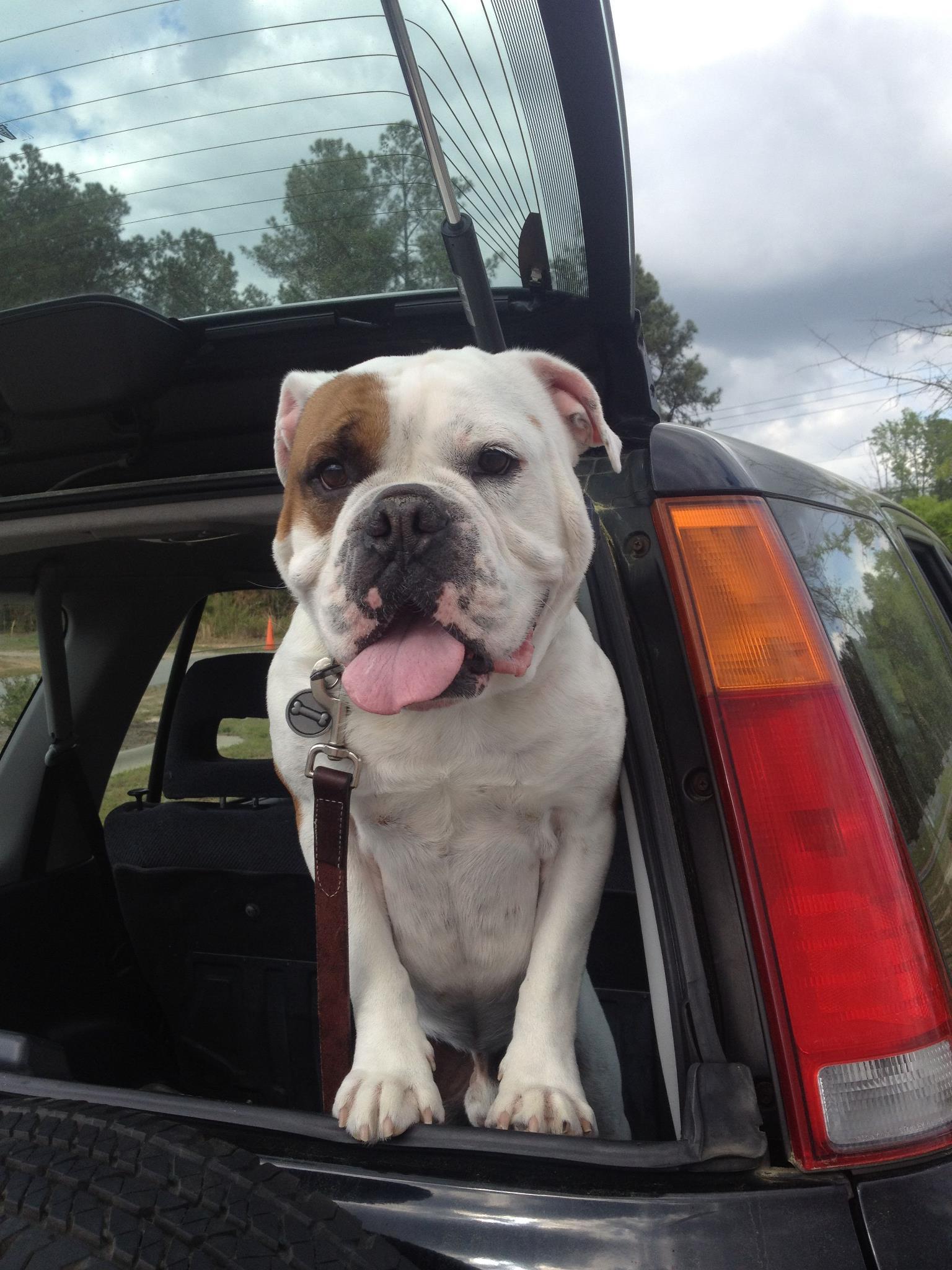
Essential Training Techniques for Off-Leash Reliability
Training your dog to be reliable off-leash involves a combination of foundational skills and consistent practice. Recall training is paramount; it ensures your dog returns to you promptly even amidst distractions. Start with short distances in a controlled environment, gradually increasing the challenge by introducing new stimuli. Positive reinforcement is key—reward your dog with treats, praise, or play whenever they respond correctly to your call.
In addition to recall, it’s crucial to focus on impulse control exercises. These help your dog resist the temptation to chase after squirrels or dart across the street. Games like “Leave It” or “Stay” can be incorporated into daily routines to build this skill. Also, practice distance commands such as “Sit” or “Down” from afar, which can be lifesaving in unexpected situations. Always remember that patience and consistency are vital, and it’s beneficial to gradually expose your dog to various environments to ensure their off-leash behavior is reliable across different settings.
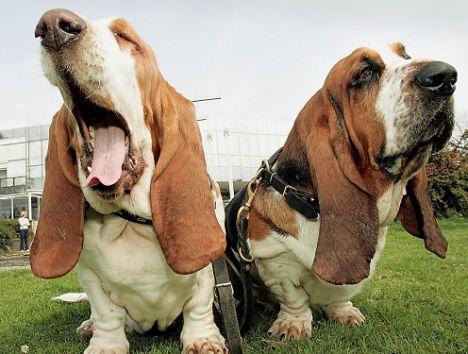
Addressing Common Challenges in Off-Leash Training
Training a dog to be off-leash safe can be a rewarding yet challenging endeavor. One of the primary hurdles is ensuring your dog has a strong recall command. This is crucial because distractions are everywhere—squirrels, other dogs, and even people can divert your dog’s attention. To overcome this, practice recall in a variety of settings, gradually increasing the level of distraction. Use high-value treats or toys as a reward to reinforce positive behavior. Consistency and patience are key in reinforcing this command until it becomes second nature to your dog.
Another common challenge is the dog’s temperament and breed-specific tendencies. Some breeds are naturally more independent and may require more effort and time to train off-leash. Understanding your dog’s individual personality and breed characteristics can help tailor the training approach. Here are a few tips to address these challenges:
- Start with a long leash: Gradually increase freedom as your dog shows reliability in staying close and responding to commands.
- Use positive reinforcement: Celebrate small successes to build confidence and encourage desired behavior.
- Socialization is crucial: Regular exposure to different environments helps your dog become more adaptable and less reactive to new stimuli.
- Regular training sessions: Keep them short and fun to maintain your dog’s interest and enthusiasm.
By addressing these challenges thoughtfully, you can work towards making off-leash training a positive experience for both you and your dog.

